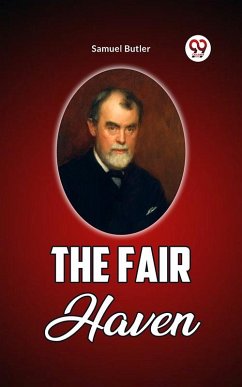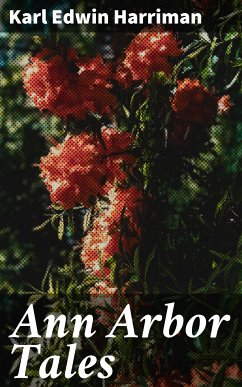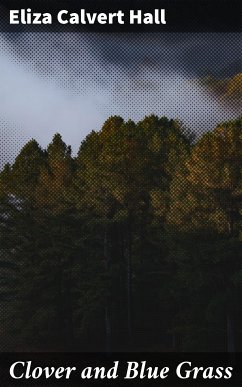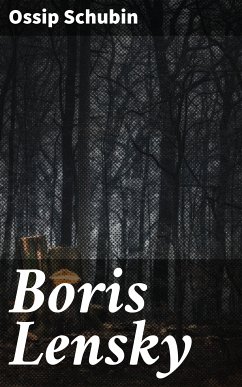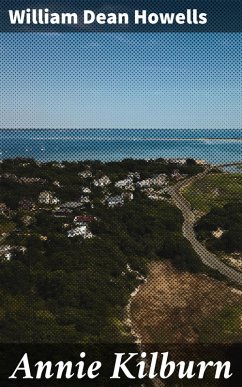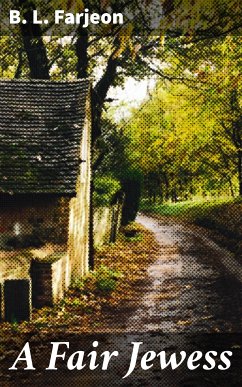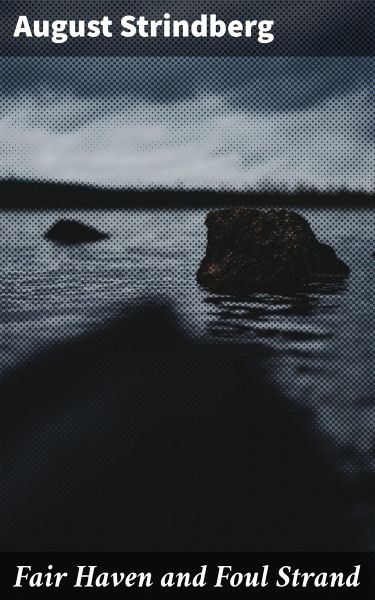
Fair Haven and Foul Strand (eBook, ePUB)
Enriched edition. Exploring societal norms and inner turmoil along the Swedish coastline in the late 19th century
Kommentar: Kendall, Julian / Redaktion: Good Press

PAYBACK Punkte
0 °P sammeln!
In "Fair Haven and Foul Strand," August Strindberg embarks on a profound exploration of the human condition, weaving together autobiography and fiction in a manner that transcends traditional narrative forms. Written in 1905, this semi-autobiographical work is marked by Strindberg's hallmark naturalistic style, where the intricate detail of the characters' psychological landscapes mirrors the complexity of their external environments. The text is layered with existential inquiries and contrasting ideals'-such as hope and despair'-embodying Strindberg's ongoing dialogue with contemporary societ...
In "Fair Haven and Foul Strand," August Strindberg embarks on a profound exploration of the human condition, weaving together autobiography and fiction in a manner that transcends traditional narrative forms. Written in 1905, this semi-autobiographical work is marked by Strindberg's hallmark naturalistic style, where the intricate detail of the characters' psychological landscapes mirrors the complexity of their external environments. The text is layered with existential inquiries and contrasting ideals'-such as hope and despair'-embodying Strindberg's ongoing dialogue with contemporary societal norms and personal turmoil. August Strindberg, a pivotal figure in Swedish literature and the modern drama movement, was no stranger to personal upheaval, having experienced tumultuous relationships and existential crises throughout his life. His deep dive into the interplay between emotion, society, and individual psyche in "Fair Haven and Foul Strand" can be seen as a reflection of his own struggles, including his philosophical grappling with identity and the human experience. Strindberg's vision was heavily influenced by his engagement with various artistic and philosophical movements, marking this work as a critical intersection of personal saga and broader thematic exploration. For readers interested in the intricacies of human emotion and societal reflection, "Fair Haven and Foul Strand" is a compelling read that merges Strindberg's innovative prose with the authentic turmoil of his life. This book not only serves as an entry point into Strindberg's thought but also reveals the timeless struggle of individuals as they navigate the choppy waters of their existence. Highly recommended for those who appreciate psychological depth and social commentary. In this enriched edition, we have carefully created added value for your reading experience: - A succinct Introduction situates the work's timeless appeal and themes. - The Synopsis outlines the central plot, highlighting key developments without spoiling critical twists. - A detailed Historical Context immerses you in the era's events and influences that shaped the writing. - An Author Biography reveals milestones in the author's life, illuminating the personal insights behind the text. - A thorough Analysis dissects symbols, motifs, and character arcs to unearth underlying meanings. - Reflection questions prompt you to engage personally with the work's messages, connecting them to modern life. - Hand-picked Memorable Quotes shine a spotlight on moments of literary brilliance. - Interactive footnotes clarify unusual references, historical allusions, and archaic phrases for an effortless, more informed read.
Dieser Download kann aus rechtlichen Gründen nur mit Rechnungsadresse in A, B, BG, CY, CZ, D, DK, EW, E, FIN, F, GR, H, IRL, I, LT, L, LR, M, NL, PL, P, R, S, SLO, SK ausgeliefert werden.







